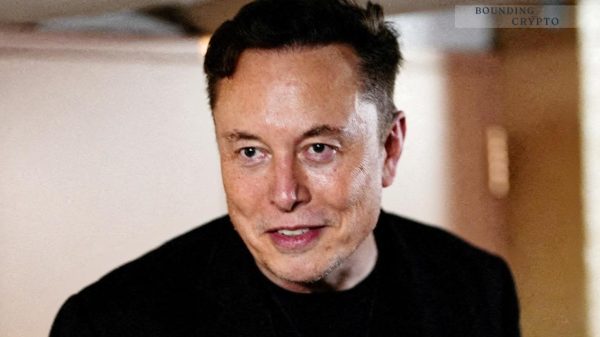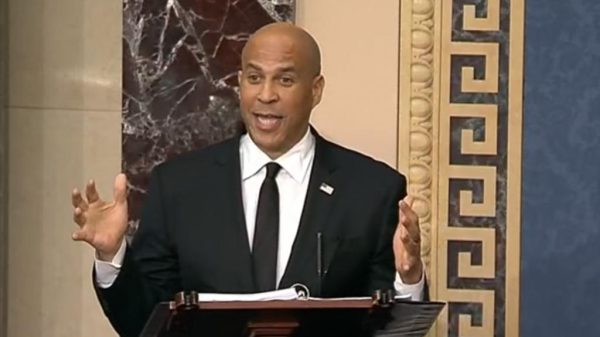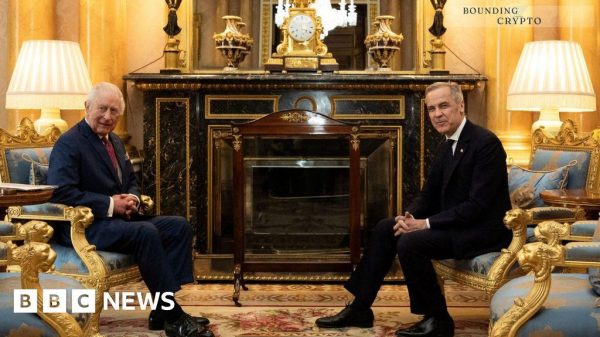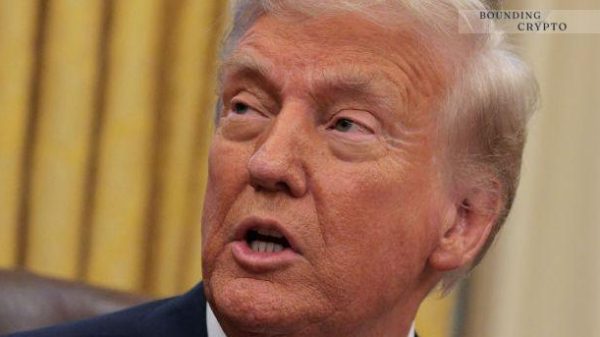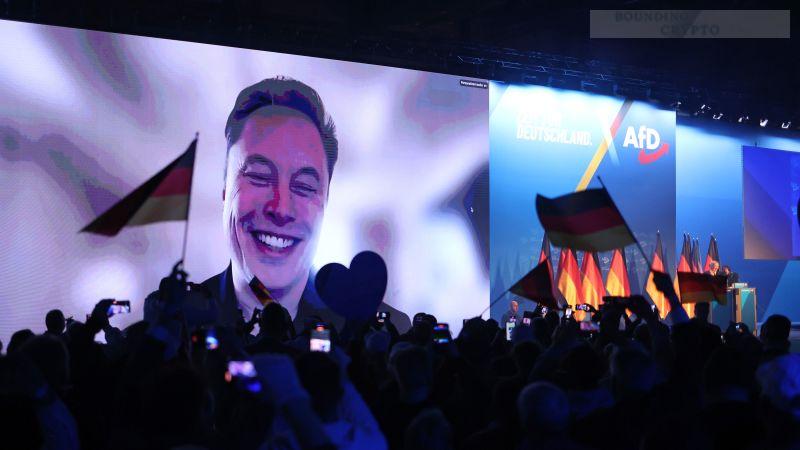In a shocking turn of events, Elon Musk, the renowned entrepreneur and CEO of Tesla, has thrown his support behind Germany’s far-right party, the Alternative for Germany (AfD). During a virtual appearance at the party’s campaign launch on January 25, 2025, Musk labeled the AfD as Germany’s “best hope” for the upcoming snap elections. His remarks are stirring not only excitement among supporters but also widespread protests across the country. Let’s dive into what happened and what it means for Germany.
The Rally and Musk’s Controversial Statements
During the online event, attended by approximately 4,500 enthusiastic supporters in Halle, Musk shared his views on German culture and values. He expressed his belief that countries should have pride in their heritage and referenced the idea that Germans should move on from their historical guilt, specifically mentioning the Holocaust. His phrasing caught many off guard, leading to condemnation from both critics and commentators alike. Amid his speech, he passionately urged attendees to “fight, fight, fight!” for their beliefs.
Protests Across Germany
As Musk’s support for the far-right party echoed through virtual halls, tens of thousands of protesters took to the streets in cities like Berlin and Cologne. Demonstrators voiced their concerns about the AfD’s anti-immigrant stance and its controversial views on multiculturalism. Protests were marked by chants and banners, all aiming to affirm Germany’s commitment to a diverse society, as well as to highlight the dangers of far-right ideologies.
- Over 100,000 protesters gathered in Berlin.
- Approximately 20,000 people protested in Cologne.
- The protests were described as among the largest demonstrations against far-right politics in recent history.
The Context of Snap Elections
This political turmoil comes ahead of snap elections scheduled for February 23, 2025, in which the AfD has gained notable traction. With a recent state election win and favorable polling numbers, the party appears to be positioned for significant support. Mainstream parties have refused to collaborate with the AfD due to its hardline platform, leading to a polarized political landscape. Some members of the center-right Union bloc are also facing scrutiny over their plans to tighten immigration policies, which have raised concerns about unintended partnerships with the AfD.
International Reactions to Musk’s Remarks
Musk’s remarks have rippled beyond Germany’s borders, drawing international condemnation. Many European leaders expressed concern over his involvement in German politics and accused him of spreading misinformation. The British Prime Minister criticized Musk for promoting lies, while German officials viewed his statements as potential election interference. This backlash raises questions about the responsibilities of public figures in political discussions, especially when they have a substantial global influence.
What Lies Ahead for Germany?
The controversy surrounding Musk’s endorsement of the AfD and the subsequent protests is likely to keep the spotlight on Germany as the elections approach. Various groups are mobilizing to counteract the influence of the AfD, emphasizing the importance of unity in the face of divisive ideologies. It remains to be seen how these events will shape the upcoming elections and the future political landscape of Germany. While some view Musk’s virtual support as a bold endorsement of the party, others caution against the potential repercussions that could stem from enabling far-right ideologies. As the nation navigates this complex terrain, German citizens continue to engage passionately in their democracy, showcasing their commitment to social justice and equality.
| Event | Description |
|---|---|
| Elon Musk’s Virtual Address | Musk endorses the AfD and emphasizes German cultural pride. |
| Protests | Tens of thousands demonstrate against the AfD across Germany. |
| Upcoming Elections | Snap elections set for February 23, 2025, amid rising AfD influence. |



